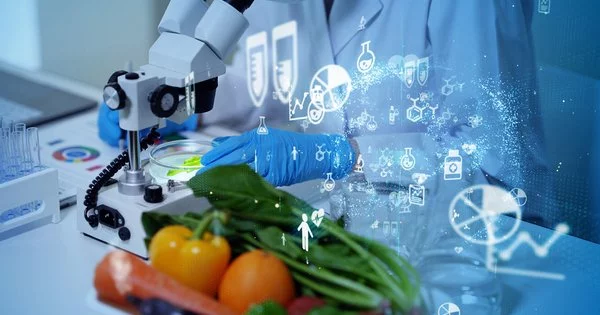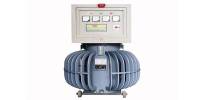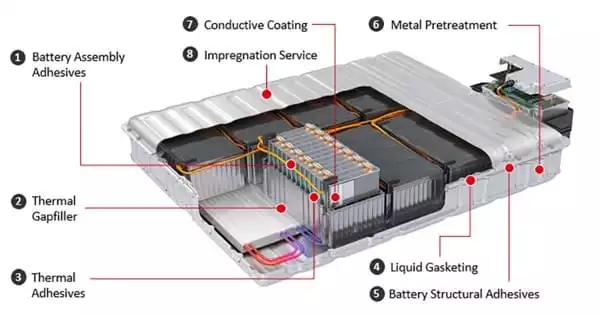Food technology is a branch of food science that deals with food product production, preservation, quality control, and research and development. Food preservation was the focus of early scientific research into food technology. The application of scientific knowledge, techniques, and processes to improve the production, processing, preservation, packaging, and distribution of food products is referred to as food technology. It incorporates various aspects of food science, engineering, and technology to ensure the food supply chain’s safety, quality, and efficiency.
Here are some key areas within food technology:
- Food Processing: Food processing is the process of converting raw ingredients into edible food products. Food preservation techniques such as canning, freezing, drying, pasteurization, and fermentation are used to extend the shelf life of food and improve its safety.
- Food Preservation: Food preservation methods reduce spoilage and extend the life of food products. To preserve the quality and freshness of foods, techniques such as refrigeration, freezing, dehydration, high-pressure processing, and irradiation are used.
- Food Packaging: Packaging is critical in protecting food products from contamination, preserving quality, and extending shelf life. Food technologists create novel packaging materials and techniques, such as modified atmosphere packaging (MAP), vacuum packaging, and active packaging, to improve food preservation.
- Food Safety and Quality Assurance: A fundamental aspect of food technology is ensuring the safety and quality of food products. Implementing and monitoring food safety systems, conducting quality control tests, and adhering to regulatory standards are all part of the job. To identify and manage potential hazards, techniques such as Hazard Analysis and Critical Control Points (HACCP) are used.
- Product Development: Food technologists create new food products, improve existing ones, and create novel formulations. During product development, they consider consumer preferences, nutritional value, sensory attributes, and processing feasibility.
- Food Engineering: Food engineering combines engineering and food science principles to optimize food production processes, equipment, and operations. It entails the design and improvement of manufacturing facilities, the development of efficient food processing technologies, and the implementation of automation and control systems.
- Food Sensory Analysis: Sensory analysis is the process of evaluating food products based on sensory characteristics such as taste, aroma, appearance, texture, and overall consumer acceptance. Sensory testing methods are used by food technologists to understand consumer preferences, assess product quality, and make necessary improvements.
- Food Biotechnology: Biotechnology plays a significant role in food technology by utilizing microorganisms, enzymes, and genetic engineering techniques to improve food production and processing. This includes applications like fermentation, biopreservation, genetic modification, and the production of functional foods.
- Food Waste Reduction: Food technologists work on strategies to reduce food waste throughout the supply chain. This includes implementing efficient production methods, optimizing packaging and storage techniques, and devising novel ways to use by-products and reduce food waste.
- Food Sustainability: Food technologists are focusing on developing sustainable practices in response to growing concerns about the environmental impact of food production. This includes reducing resource consumption, increasing energy efficiency, promoting environmentally friendly packaging, and investigating alternative protein sources.
Food technology is a multidisciplinary field that brings together scientific knowledge, engineering principles, and innovation to improve food production, quality, safety, and sustainability. It is critical in meeting the world’s growing demand for safe, nutritious, and convenient food products.
The invention of the canning process by Nicolas Appert in 1810 was a watershed moment. Appert did not know the principle on which his process worked at the time, and the process was not called canning, but canning has had a significant impact on food preservation techniques.
In 1864, Louis Pasteur conducted research on the spoilage of wine and described how to avoid spoilage. This was an early attempt to apply scientific knowledge to food handling. Pasteur studied the production of alcohol, vinegar, wines, and beer, as well as the souring of milk, in addition to wine spoilage research. He invented pasteurization, which is the process of heating milk and milk products to kill bacteria that cause food spoilage and disease. Pasteur pioneered bacteriology and modern preventive medicine through his research into food technology.















